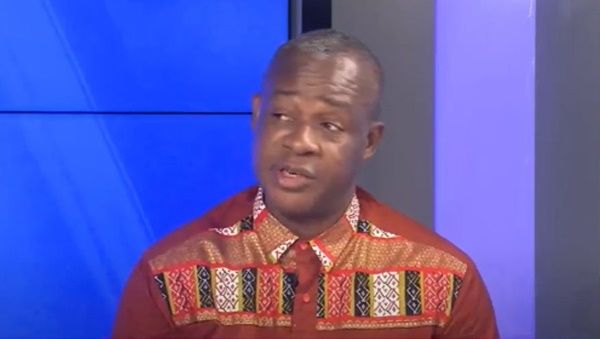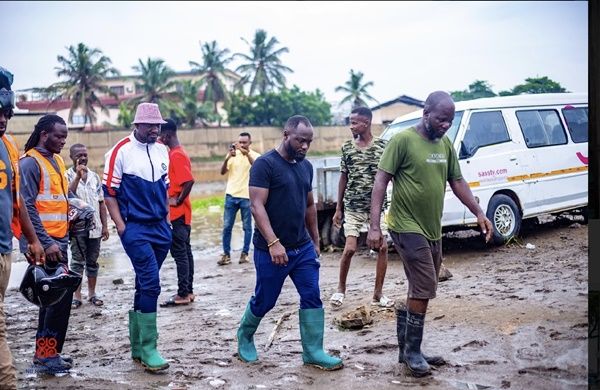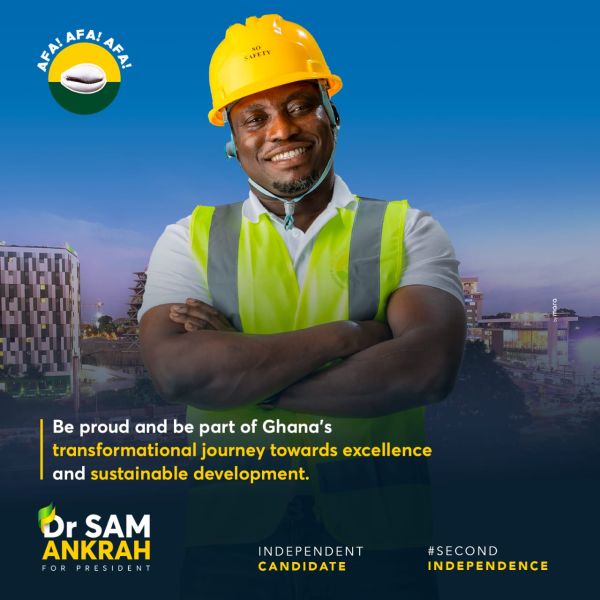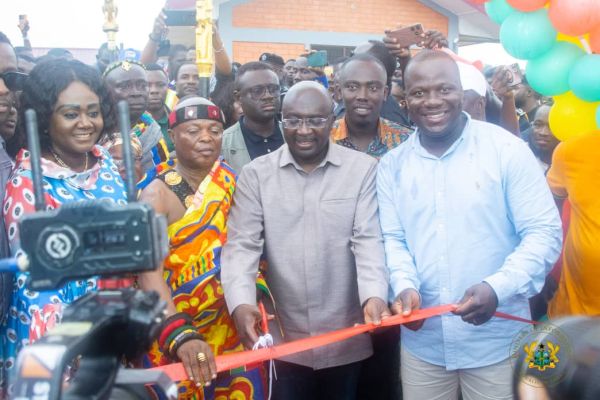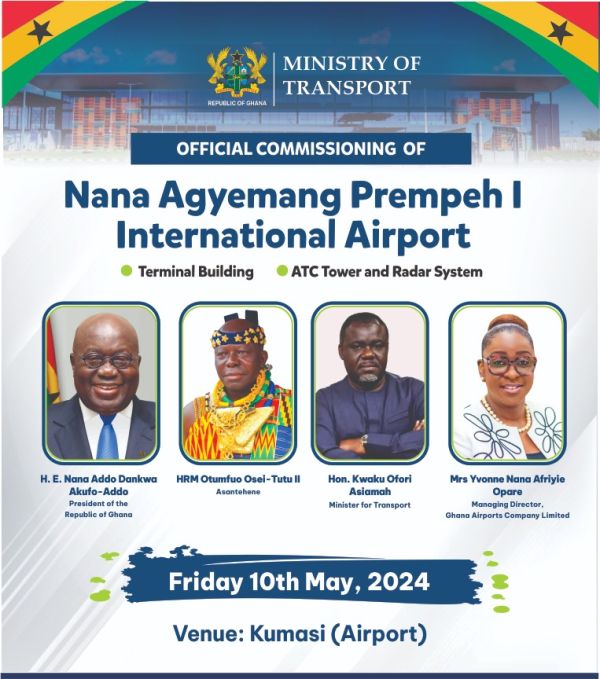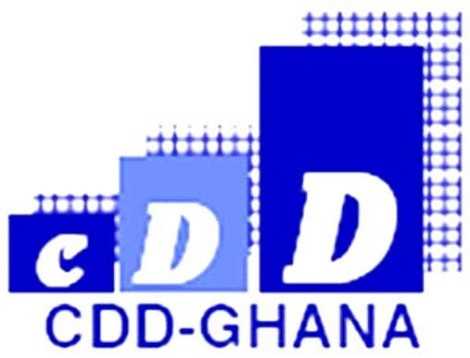
The Centre for Democratic Development (CDD-Ghana) has recommended to the Judicial Service of Ghana to amend PNDCL 284 to provide a shorter timeline for adjudicating parliamentary election cases at the High Court and the Court of Appeal.
It also proposed that cases should be heard within a maximum of 67 days and a minimum of 47 days after the election results have been declared. The Director of Programmes and Policy Engagement, CDD-Ghana, Dr Kojo Pumpuni Asante, made the recommendation at a training workshop for journalists in Tema last Monday.
The workshop, organized by CDD-Ghana, with support from the European Union, seeks to build the capacity of journalists and create platforms for media practitioners to discuss and advocate electoral reforms in election results management, parliamentary election petition adjudication and affirmative action.
It formed part of a project aimed at promoting the implementation of electoral reforms that will enhance the credibility, transparency and peacefulness of Ghana's 2024 election.
Dr Asante noted that despite the progressive introduction of electoral reforms in Ghana and the subsequent improvements in election administration, there were a number of issues that remained to be addressed.
These included results management and announcement, expanding access abroad by ensuring the implementation of the Representation of the People Amendment Act (ROPAA) and addressing issues related to campaign financing, among others.
He said going into the 2024 general election, the Electoral Commission (EC) of Ghana must establish clear legal and administrative procedures for handling irregularities by polling and collation officials during elections.
He added that the EC must institute a timely and transparent process for the publication of detailed polling station and collation centre (all levels) results on the EC’s website ahead of the declaration of results of the presidential election.
He called for an improvement in the set-up of the collation centres to promote transparency and security, as well as the passage of the Affirmative Action Bill to allow for quotas for women aspirants within political parties.
Collaboration
The National Coordinator for the Coalition of Domestic Election Observers (CODEO), Albert Arhin, underscored the need for collaborations with the media so citizens can be effectively engaged and educated on the electoral reforms ahead of the 2024 general election to ensure a transparent, credible and peaceful outcome.
A Senior Programme Officer in charge of Human Rights and Social Inclusion, CDD-Ghana, Michael Augustus Akagbor, said elections were human rights events because human rights gave voice to the political will of the citizenry.
He said journalists must go beyond election observation and monitoring by reporting and focusing on the violation of rights that were relevant to the electoral process.
Legal framework
A legal practitioner, Samson Lardy Anyenini, admonished journalists in the country to be abreast of the Constitution and Constitutional Instruments (C.I) governing elections to enable them to accurately and effectively educate members of the public on their fundamental rights as far as elections were concerned.
He called on journalists to be more determined to know the legal framework so as to improve on their reportage on elections and their work in general.



